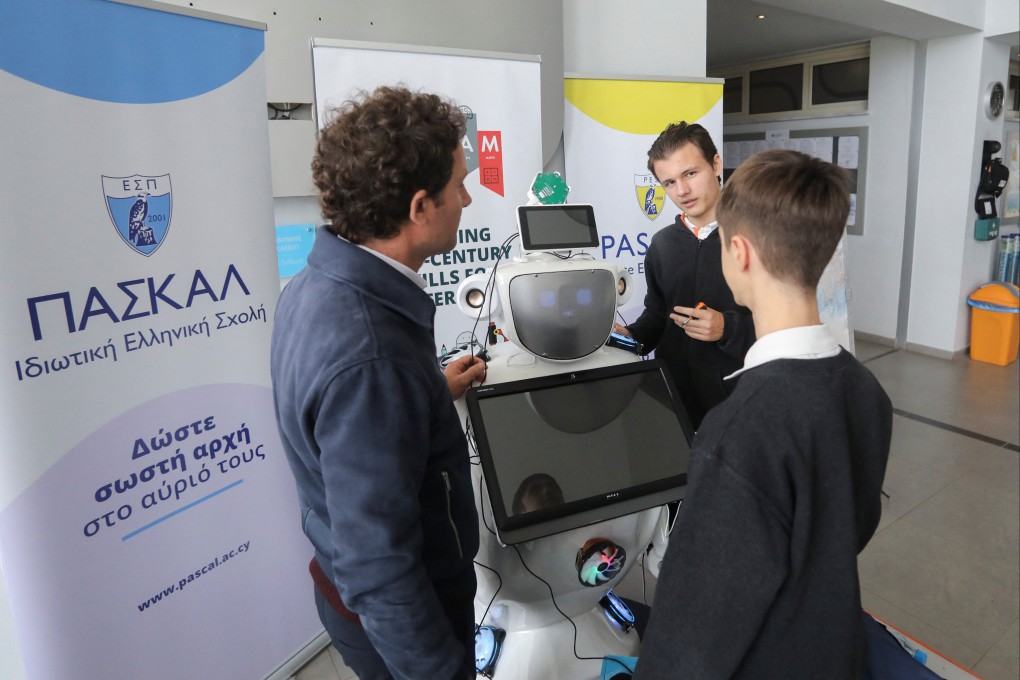Advertisement
Opinion | Using, not banning, AI tools like ChatGPT can unlock new horizons for future generations
- Banning students from exploring AI-powered chatbots is like barring young people from using smartphones, especially when AI tools are likely to become ubiquitous soon
- AI tools are complements to and not substitutes for humans, and schools and universities should incorporate them in their curriculums
Reading Time:3 minutes
Why you can trust SCMP
4

Should schools and universities ban students from using artificial-intelligence-powered chatbots such as ChatGPT? As an educator, I was concerned at first that this tool could kill creativity. However, if I change the way I teach by incorporating these AI tools, I believe I can motivate students to explore creative ideas that were once thought impossible.
Generative AI such as ChatGPT took the world by storm because it can answer questions and quickly and cheaply write short essays, poems that rhyme and computer code like an expert. If I was a student, this AI tool would be a godsend.
Out of concern over cheating or plagiarism, New York City public schools have banned ChatGPT. In Hong Kong, both the University of Hong Kong and Baptist University have banned students from using ChatGPT in their assignments until a long-term policy is established.
Banning ChatGPT for examinations makes sense. It is consistent with the ACT calculator policy for taking the university entrance exam in the United States, which ensures students can illustrate their understanding of certain mathematical concepts and their capability to perform certain analysis. However, banning new AI tools can impede the learning process for students in this new era.
Banning students from exploring AI tools is like banning young people from using smartphones, especially when AI tools are likely to become ubiquitous soon. In March, Baidu showcased its AI-powered chatbot Ernie Bot, and Google released its chatbot Bard to a limited number of people in the US and Britain as an experiment. Meanwhile, Microsoft has confirmed that its new Bing search engine will incorporate GPT-4, the latest version of ChatGPT.
If we rely on these AI tools to generate the final output without verifying the work, then it is risky because these tools make mistakes. They are notorious for sometimes going off the rails during conversations, and Bard is no exception.
Advertisement
Select Voice
Choose your listening speed
Get through articles 2x faster
1.25x
250 WPM
Slow
Average
Fast
1.25x

